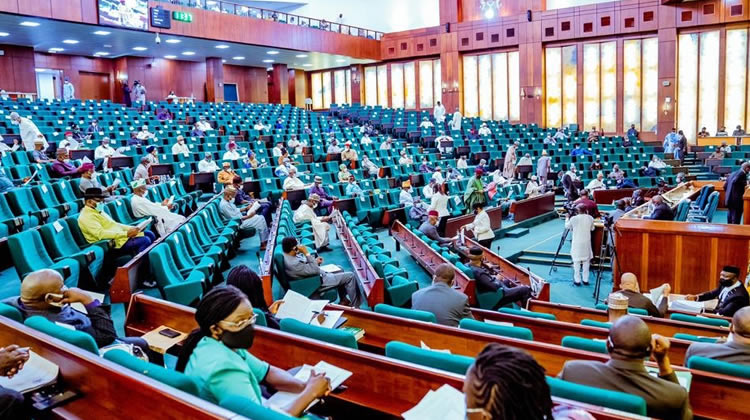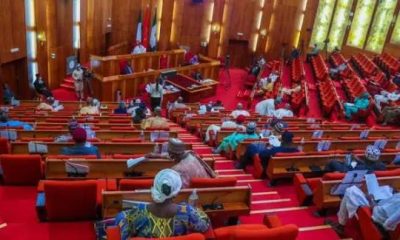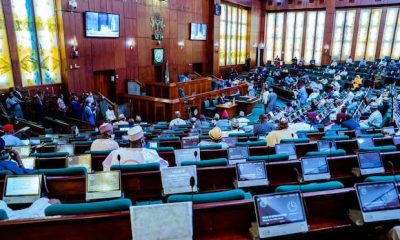National
Bill To Define Scope Of Collectible Tax By FG, States, LGAs Passes Second Reading

By Alkassim Bala Tsakuwa, Abuja
The House of Representatives has passed through second reading a Bill for an Act to alter the constitution of the Federal Republic of Nigeria, 1999, (as amended), to clarify the taxation powers of the Federal, State and Local Governments.
The Bill was sponsored by the Deputy Speaker, Hon. Benjamin Kalu and six other lawmakers and passed second reading at the plenary on Wednesday.
It was titled, “Bill for an Act to alter the Constitution of the Federal Republic of Nigeria, 1999 (as amended), to Clarify the Taxation Powers of the Federal, State, and Local Governments; to Define the Scope of Taxes and Levies Collectible by Each Tier of Government; to Prevent Multiple Taxation and Unlawful Outsourcing of Revenue Collection and for Related Matters,”
Presenting the Lead Debate on the general principles, one of the Co-Sponsors, Hon. Joshua Audu Gana said the bill seeks to clearly define the scope of taxes and levies on Nigerians collected by each tier of Government.
He said if passed into law, it would prevent multiple taxations, unlawful outsourcing of revenue collections and other identified infractions and bottlenecks.
He added that, the Bill would bring order where confusion reigns, clarity where overlaps have persisted and to ensure that every naira raised, shared or spent by government is traceable, lawful, and transparent”.
Hon. Gana added that, government agencies contract private consultants or agents unlawfully to collect taxes and levies, giving room for corruption, harassment and revenue leakages.
He said, “At the heart of this Bill is a simple but transformative goal which is to align the revenue powers of the Federation, States and Local Governments in a way that promotes efficiency, discourages duplication, and restores trust in the fiscal system.
“Honourable Colleagues, the fiscal architecture of our federation has, over time, become congested and conflicting. Multiple taxes and levies are imposed at different tiers of government, often on the same taxpayers. Revenue agencies overlap, creating inefficiencies and litigations over collection rights; as seen in the disputes over Value Added Tax (VAT), Stamp Duties, and Personal Income Tax”.
After deliberations, the Bill was passed through second reading and referred to the Committee on Constitution Review for further legislative actions.










